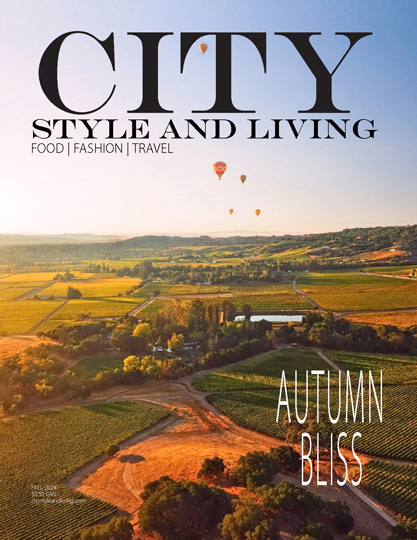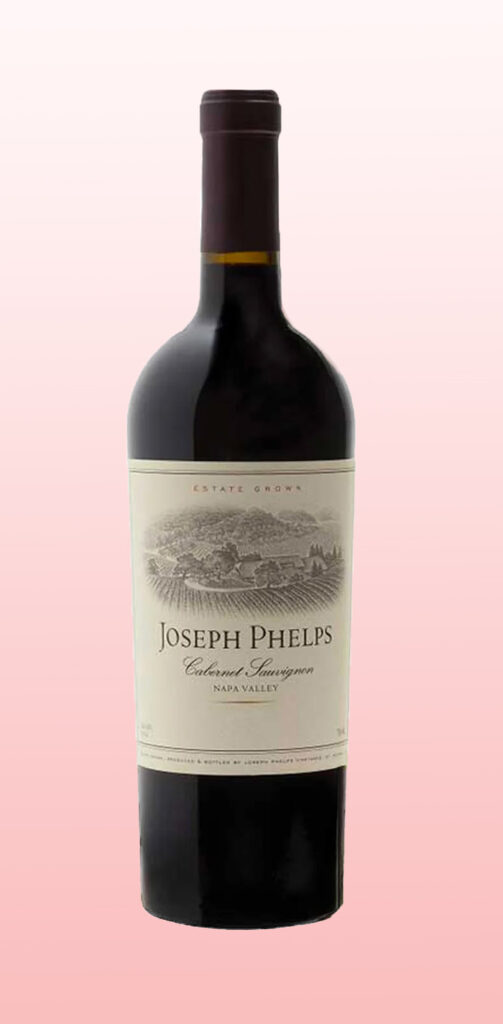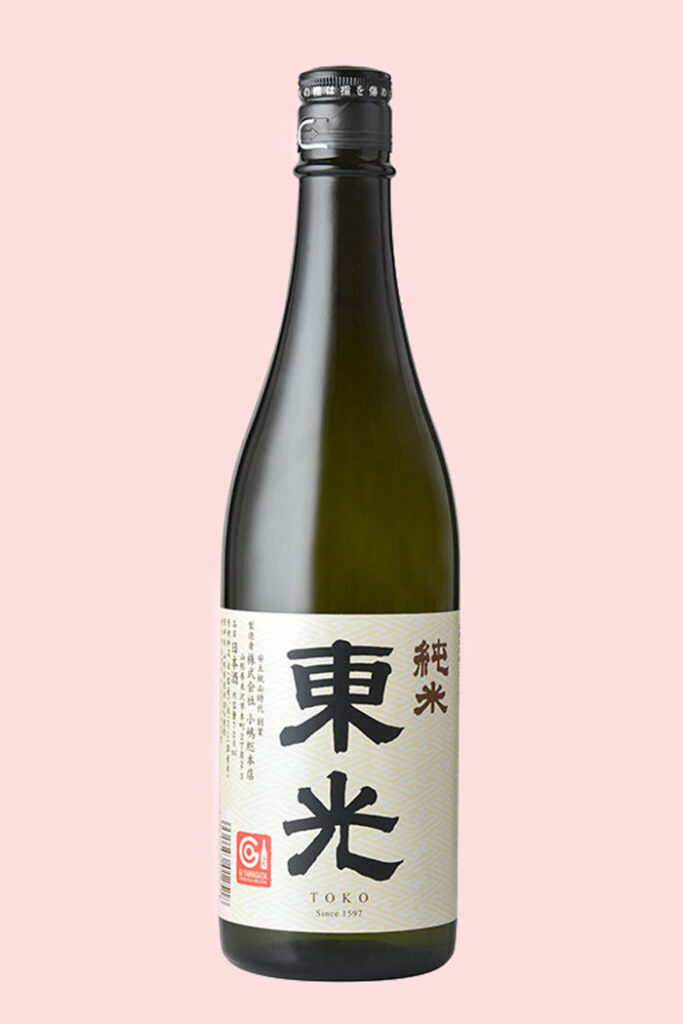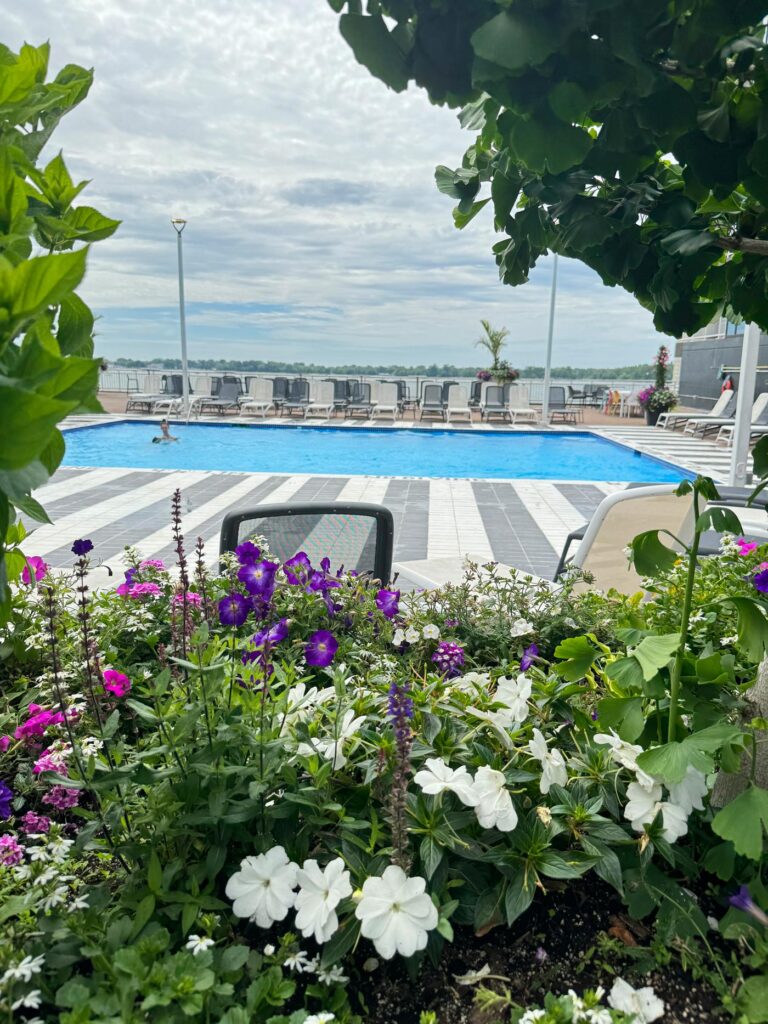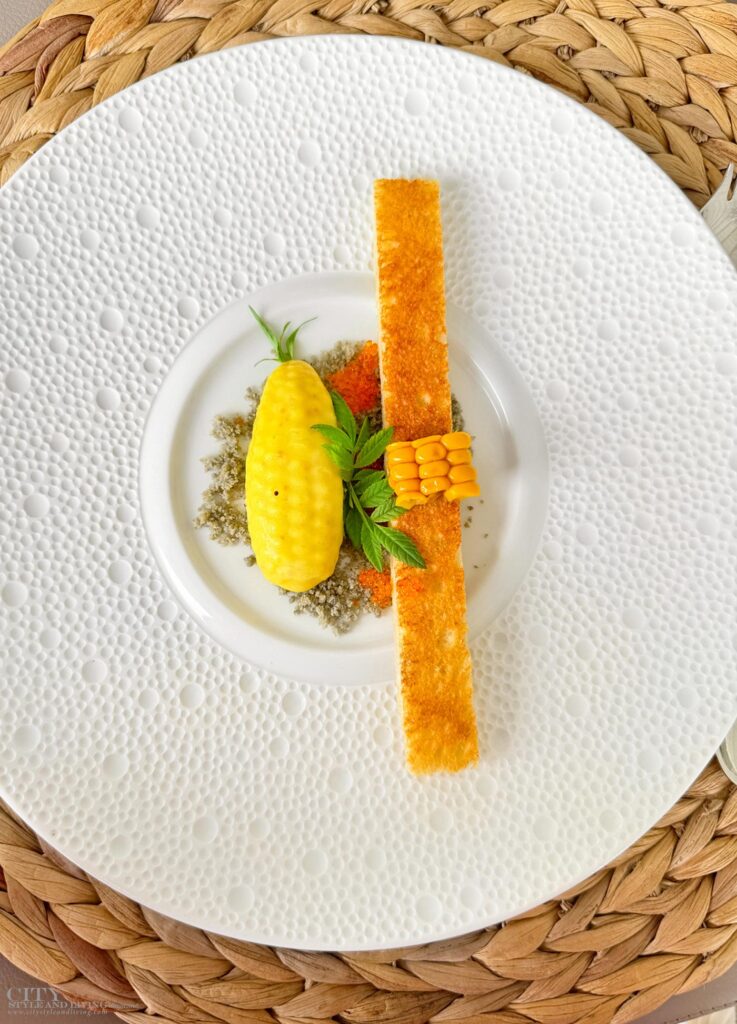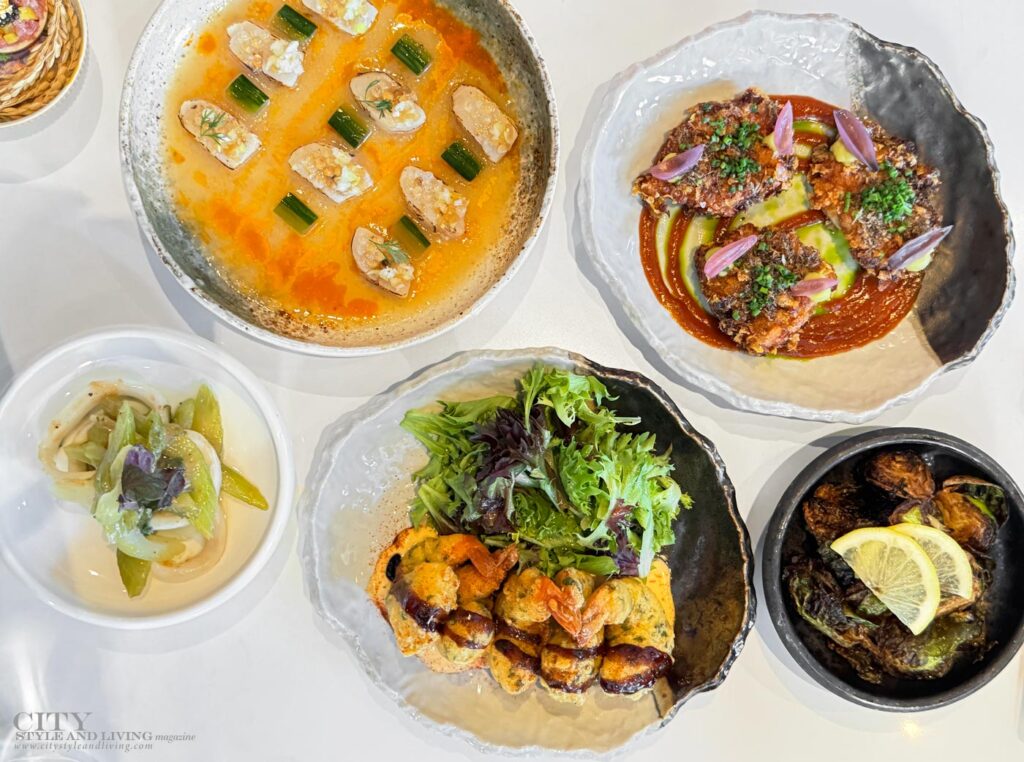

Rosé has taken over summertime sipping, with global consumption one of the highest growing in the wine industry, increasing by 11 per cent in 8 years. Its easy drinking, bright and fresh flavour profiles (plus the pretty pink colour) make it the ideal wine for picnics, enjoying on the patio, or for pairing with light seasonal fare.
Left to right: LSA International Celebrate Champagne Flute, Otis Champagne Flute, Celebrate Champagne Saucer; lsa-international.com
Kuprum Artisinale Charger Plate,12.5”; kuprum.com
A ROSE BY ANY OTHER NAME
Provence AOC rosé is a blend of at least 2 varieties that includes (but not limited to) cinsault, syrah, grenache, mourvedre, tibouren, and sauvignon blanc from the following regions: Côtes de Provence, Coteaux d’Aix-en-Provence, and Coteaux Varois en Provence. Other regions with notable roses: Languedoc, and Côtes du Rhône.

CHOOSE WISELY
Flavours and aromas to expect: strawberry, melon, grapefruit, rose petal, licorice and lemon.
Serve Chilled between 45-55°F (8 and 12°C).
BOTTLE SERVICE
Here are a few of CSL’s current favourites:
1/ Cristia Collection Côtes de Provence Rosé 2016 Provence
60% Grenache, 35% Syrah, 5% Cinsault.
Pale pink with golden highlights. Bouquet of peach, on the palate zesty citrus and elegant fruit. cristia.com
2/Cave De Rasteau Rosé Le Pas du Meunier 2015 Côtes du Rhône
Grenache Noir 65 % , Cinsault 25 % , Syrah 10 %
Brilliant salmon pink bluish hues. Cherry and wild strawberry aromas, stonefruit on the palate. cavederasteau.com
3/ Le Fleurs Du Mal Cevennes Rosé Languedoc
Grenache,Carignan, Syrah
Medium pink with citrus, cherries/strawberries and light peach. Excellent pairing with charcuterie.

/ K&S Media
PERFECT PAIRINGS
Rosé was made for hot summer days and less formal meals. Here are some pairings that CSL suggests:
► Light, crisp, dry rosé (mostly from Provence) and fresh fish and seafood
► Light and off-dry rosé with a touch of sweetness with sushi and mildly spicy dishes
► Medium-bodied dry rosé (Rhône and Languedoc) with grilled meat
ROSE DECODED
The process of making rosé in France:
► Direct Pressing
This method is used by the majority of Provence producers, and yields a pale pink colour as grape skins are in contact with the clear juice for a short time frame. The juice is then transferred to the fermentation tank.
► Maceration / Saignée
During maceration, grapes are soaked in a tank for up to twenty hours, allowing the juice to have ongoing contact with skin to release both pigment and aroma. The winemaker then opens a filter at the bottom of the vat to ‘bleed’ the juice into the fermentation tank.

WORD TO THE WISE
“Dry pink rosé from France’s Provence region imparts a true sense of romance and a unique art de vivre that feeds the soul and contributes to the festivities. In fact, in France, people drink more rosé wine than white wine, a testament to its taste and versatility.” – Francois Millo, Director of the CIVP/Provence Wine Council.
This original article first appeared in the Summer 2017 issue of City Style and Living Magazine.
Don’t Forget to Follow City Style and Living on Social Channels: Instagram, Twitter, Facebook, Pinterest.
